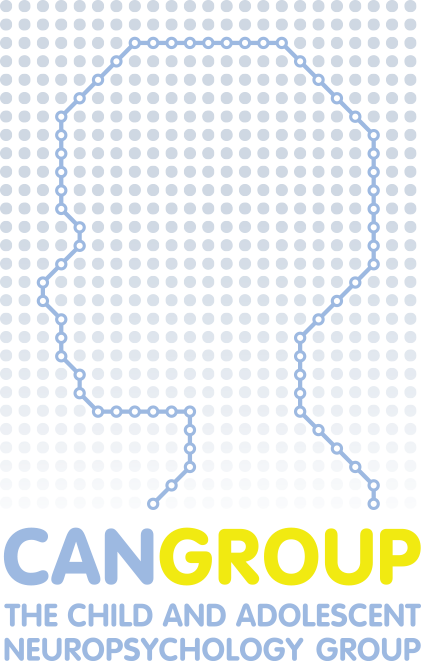Obsessive Compulsive Disorder (OCD)
Children who have Obsessive Compulsive Disorder (OCD) experience:
Most children with OCD will have both obsessions and compulsions; however, in some cases they can have just one or the other. When children experience an obsession, they typically try to ignore or suppress the thought, urge or image, or counter it by performing a compulsion. The compulsive behaviours, rituals and mental acts they perform are intended to reduce anxiety and distress or prevent an unwanted event from occurring.
There is great variation in the content of obsessions and compulsions among children. Below are some common manifestations:
Common obsessions
Related compulsions
Many compulsions are not connected realistically or rationally to the obsessions they seek to relieve or avoid. While some children will have insight into the fact their obsessive-compulsive beliefs are not true, others may be convinced in their obsessive-compulsive beliefs. The obsessions and compulsions that characterise OCD are in excess of the preoccupations and rituals that other children of the same developmental stage may experience; they are often time consuming, distressing and interfere with the child’s daily functioning.
In childhood, OCD is more common in males and other psychological and neurodevelopmental conditions frequently co-occur. Some of the most common comorbidities are Tourette and tic disorders, which present in almost a third of individuals with OCD.
Neuropsychological assessment may reveal a diagnosis of OCD or be requested to understand the impact a child’s OCD is having on their thinking, learning, social, emotional and behavioural functioning. Often the child will have co-occurring conditions that are also a focus of the assessment. Typically, a neuropsychological assessment will include a detailed parent interview, parent and teacher questionnaires, and one-on-one testing of a range of thinking skills, learning abilities, emotions and behaviours. The results of neuropsychological assessments are often used to help confirm any suspected diagnoses and/or to make individualised recommendations to support your child’s development.
Links:
https://raisingchildren.net.au/school-age/health-daily-care/mental-health/ocd
https://www.psychology.org.au/for-the-public/Psychology-topics/Obsessive-compulsive-disorder
Request further information
For general enquiries, please complete the form below.
Alternatively, if you require a booking with one of our Neuropsychologists,
please click here to proceed to our referrals & bookings page.

